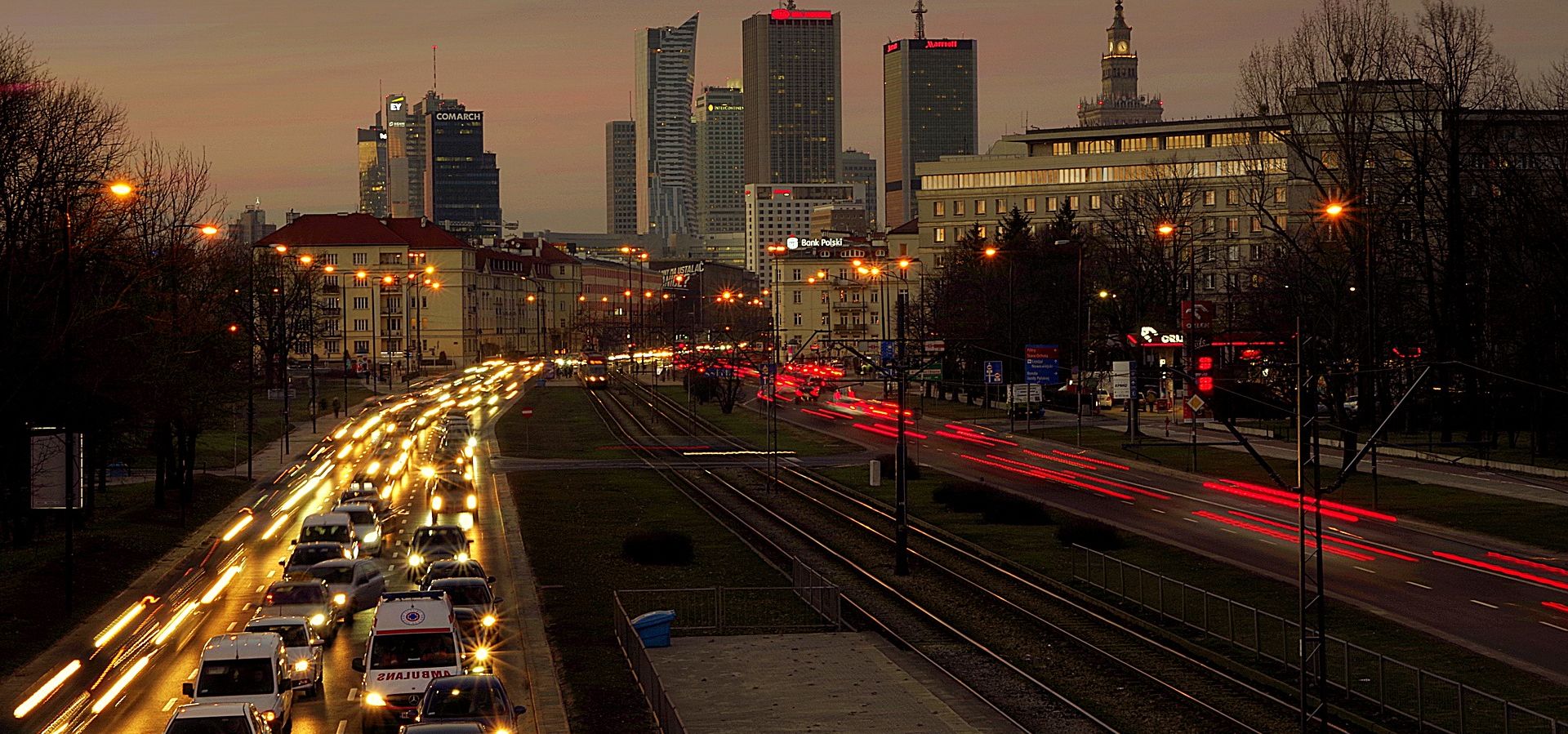Poland’s energy supply is still based on fossil energy. The dream of expanding renewable energies has been bursting over and over again in the recent years. Michał Olszewski reports on political mistakes and a poor energy strategy.

If the country does not meet the its renewable targets, it will be forced to engage in a so-called statistical transfer from countries who will have met their target with an excess. (Public Domain)
The latest report by the Supreme Audit Office (NIK), Poland’s most important auditing body, is a deeply depressing read for anyone even slightly interested in the fate of renewable energy in Poland. The report shows how years of neglect, mistakes and indolence have accumulated and now threaten Poland with not just European-wide disgrace, but also serious financial consequences.
Let’s look at things step by step: back in 2013 the share of renewables in the country’s total gross energy consumption amounted to 11.4% and it seemed that the target Poland had committed to (15% by 2020) was within reach. Three years later, instead of rising, the share of RES in Poland’s total energy balance was decreasing. At the same time, most EU member states were steadily increasing their percentage share of RES without any major disruption to their local energy markets.
So, what has brought about this stagnation, or, indeed, regression? There were several causes that slowed down the RES market.
The political responsibility can be shared equally between politicians from parties that are now in conflict – the previous government coalition of Civic Platform and Polish Peasants’ Party – and the current ruling party, Law and Justice. A large proportion of the revenue from derogation, an instrument designed to transform savings from free emission allowances into modernising the energy sector, was used to strengthen the coal sector. Short-term thinking and a search for financial means to renovate outdated energy generators prevailed. It seems there wasn’t enough money or ideas left for, for instance, cogeneration or the construction of gas power plants.
In hindsight, we are able to see how erroneous this energy strategy was, also from a geopolitical point of view: in order to safeguard their energy system, Poles, who are so sensitive about their resource independence, are now importing increasingly more coal from Russia.
In order to find other reasons behind the deep crisis, we must go back to 2015 and early 2016. NIK reports revealed numerous irregularities that accompanied the construction of wind farms (e.g. bribery, no public consultation). Under mounting pressure from opponents of wind energy, and state monopolists worried about the expansion of the renewable sector and potential market fragmentation, the government passed a law that effectively blocked the growth of renewables in May 2016.
Lawmakers applied such rigour to investments that they simply became unprofitable. The same rigour applied to micro installations, which were intended to bring about the growth of prosumer and local energy, aimed more at the needs of detached houses or small farms than at powering the grid.
Reports by Poland’s Energy Regulatory Office (URE) clearly indicate how much power of connected RES sources decreased. In 2016, it amounted to a total of 796 MW. One year later, it was five times less.
Moreover, the transition from the complicated and ineffective system of green certificates to a bidding system ended in failure. In 2016, only four bids took place and in 2017 there were only two. Instead of helping to solve the crisis, the bidding system has increased it even further.
If to all this we add one of the highest indicators of CO2 emissions per kWh of produced energy in Europe, we arrive at a deeply unsettling outlook.
The year 2020 will be a breaking point for Poland. If the country does not meet its renewable targets, it will be forced to engage in a so-called statistical transfer from countries who will have met their target with an excess. NIK’s initial calculations indicate that it may cost Poland as much as 8 billion zloty.
And then there is the increasing cost of electrical energy resulting from ever more expensive emission allowances. The aspect of simple ambition is of least importance here (just to be clear: the target RES share for Poland was very reasonable). Let’s just say it outright: because of mistakes made by politicians, renewable energy sources aren’t working in Poland. We can already see that the consequences might turn out to be very painful for the entire country.